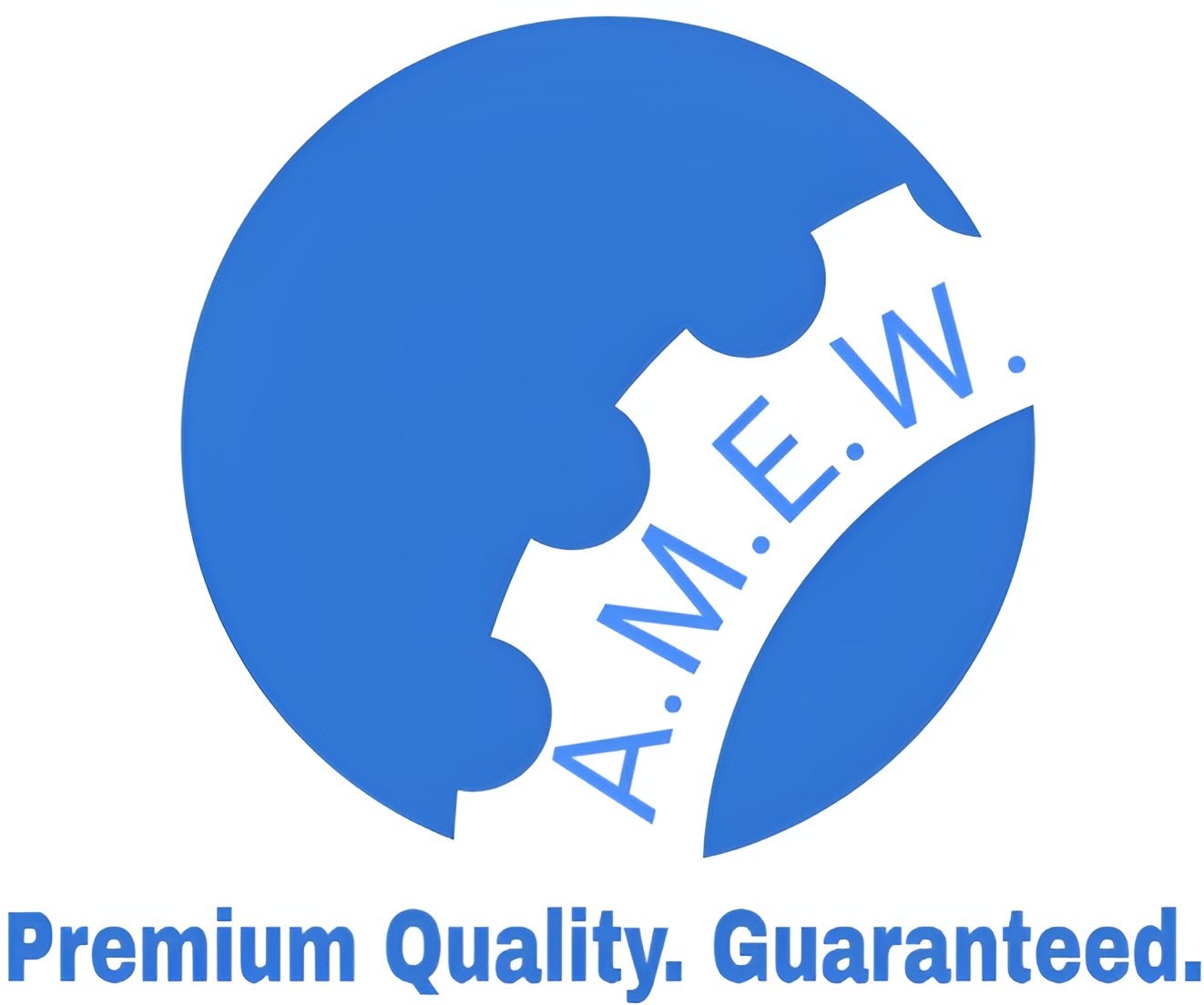Carbon Steel Pipe Manufacturer and Supplier in India | Mumbai
Carbon Steel Pipes: Strength, Versatility, and Applications
Carbon steel pipes are fundamental components in various industrial applications due to their remarkable strength, durability, and cost-effectiveness. Comprising primarily iron and a varying percentage of carbon, these pipes are engineered to meet stringent industry standards, making them suitable for transporting fluids and structural support across multiple sectors.
Benefits of Carbon Steel Pipes
Benefit Description
High Strength Carbon steel pipes are known for their high tensile strength, allowing them to handle high pressures and harsh environments.
Cost-Effectiveness Compared to other materials such as stainless steel, carbon steel pipes offer a more economical solution for construction and infrastructure projects.
Durability Resistant to wear, these pipes have a long service life, making them ideal for demanding applications.
Versatile Usage Suitable for a range of applications across various industries, carbon steel pipes are adaptable to different environments.
Applications of Carbon Steel Pipes
Carbon steel pipes find extensive use in multiple industries due to their advantageous properties:
Application Description
Oil and Gas Transport Used extensively for transporting oil, natural gas, and other fluids, ensuring safety and reliability under high pressure.
Construction Integral in building frameworks, scaffolding, and structural applications due to their strength and stability.
Water Supply Systems Commonly employed in municipal water supply networks, providing efficient distribution of potable water.
Chemical Processing Utilized for transporting chemicals in industrial settings, where durability and resistance to corrosion are crucial.
HVAC Systems Essential in heating, ventilation, and air conditioning systems, including boilers and heat exchangers.
Automotive Applications Used in various automotive components, such as exhaust systems, due to their high strength and fatigue resistance.
Grades of Carbon Steel Pipes
Carbon steel pipes are classified into various grades, each designed to meet specific requirements:
Grade Description
ASTM A106 Grade B A popular choice for high-temperature and high-pressure applications, ideal for oil and gas pipelines.
ASTM A53 Versatile grade suitable for structural and pressure applications, available in both black and galvanized finishes.
API 5L Specifically designed for transporting oil and gas, with various grades available to accommodate different pressure requirements.
ASTM A500 Primarily used for structural applications, known for its high strength and ease of welding.
ASTM A671 Used for electric-fusion-welded pipes, commonly in large diameter applications.
Key Considerations for Selecting Carbon Steel Pipes
When choosing carbon steel pipes for your project, consider the following factors:
Pressure Rating: Ensure the selected grade can handle the expected pressure and temperature conditions.
Corrosion Resistance: For applications in corrosive environments, consider using protective coatings or selecting specific grades designed to resist corrosion.
Welding and Fabrication: Some grades are easier to weld than others, impacting your installation and maintenance processes.
Compliance with Standards: Always verify that the pipes meet relevant industry standards and regulations.
Maintenance Tips for Carbon Steel Pipes
To ensure the longevity and performance of carbon steel pipes, implement the following maintenance practices:
Regular Inspections: Periodic checks for signs of corrosion, leaks, and physical damage are crucial for early detection of issues.
Protective Coatings: Applying paint or other coatings can prevent rust and corrosion, especially in outdoor or humid conditions.
Proper Installation: Following best practices during installation can help avoid issues related to pressure, stress, and alignment.
Showing 1–16 of 150 results
-
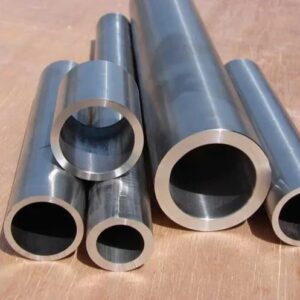
1020 / S20C Hydraulic Cylinder Tube , High Precision Skiving Pipe – Honed Steel Tubing
Read more -

1045 / S45C / C45E Carbon Steel Honed Tube For Hydraulic Cylinder Skiving pipe DIN2391 BKS 20-520mm OD
Read more -
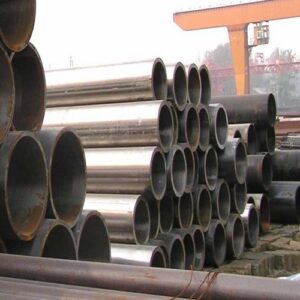
12Cr1MoV Pipe
Read more -

12Cr1MoV Pipe
Read more -

16Mo3 Pipe
Read more -

16Mo3 Pipe
Read more -

16Mo3 Pipe
Read more -

25CrMo4/1.7218/25CrMo Steel Pipe – Mechanical Tubing – Seamless Alloy Steel Tube
Read more -

27SiMn Hydraulic Cylinder Steel Tube – Skiving tube – Precision Honed Tube DIN 2391 BKS
Read more -
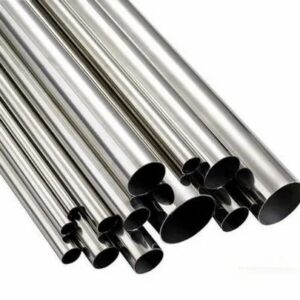
27SiMn Hydraulic Cylinder Steel Tube – Skiving tube – Precision Honed Tube DIN 2391 BKS
Read more -
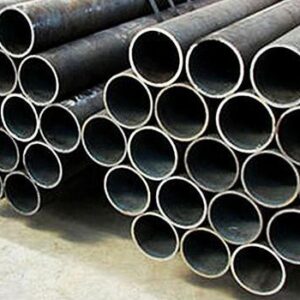
30CrMo4/1.7216/30CrMo/4130 Gas Cylinder Pipe – Mechanical Tubing – Seamless Alloy Steel Tube
Read more -

30CrNiMo8/1.6580 Steel Pipe – Mechanical Tubing – Seamless Alloy Steel Tube
Read more -

34CrMo4/1.7220/35CrMo Gas Cylinder Pipe – Mechanical Tubing – Seamless Alloy Steel Tube
Read more -

36CrNiMo4/1.6511 Steel Pipe – Mechanical Tubing – Seamless Alloy Steel Tube
Read more -

4140 / 42CrMo4 / 1.7225 / SCM440TK Alloy Steel Honed Tube For Hydraulic Cylinder Skiving pipe DIN2391 BKS 20-520mm OD
Read more -

41Cr4/1.7035/40Cr Steel Pipe – Mechanical Tubing – Seamless Alloy Steel Tube
Read more

